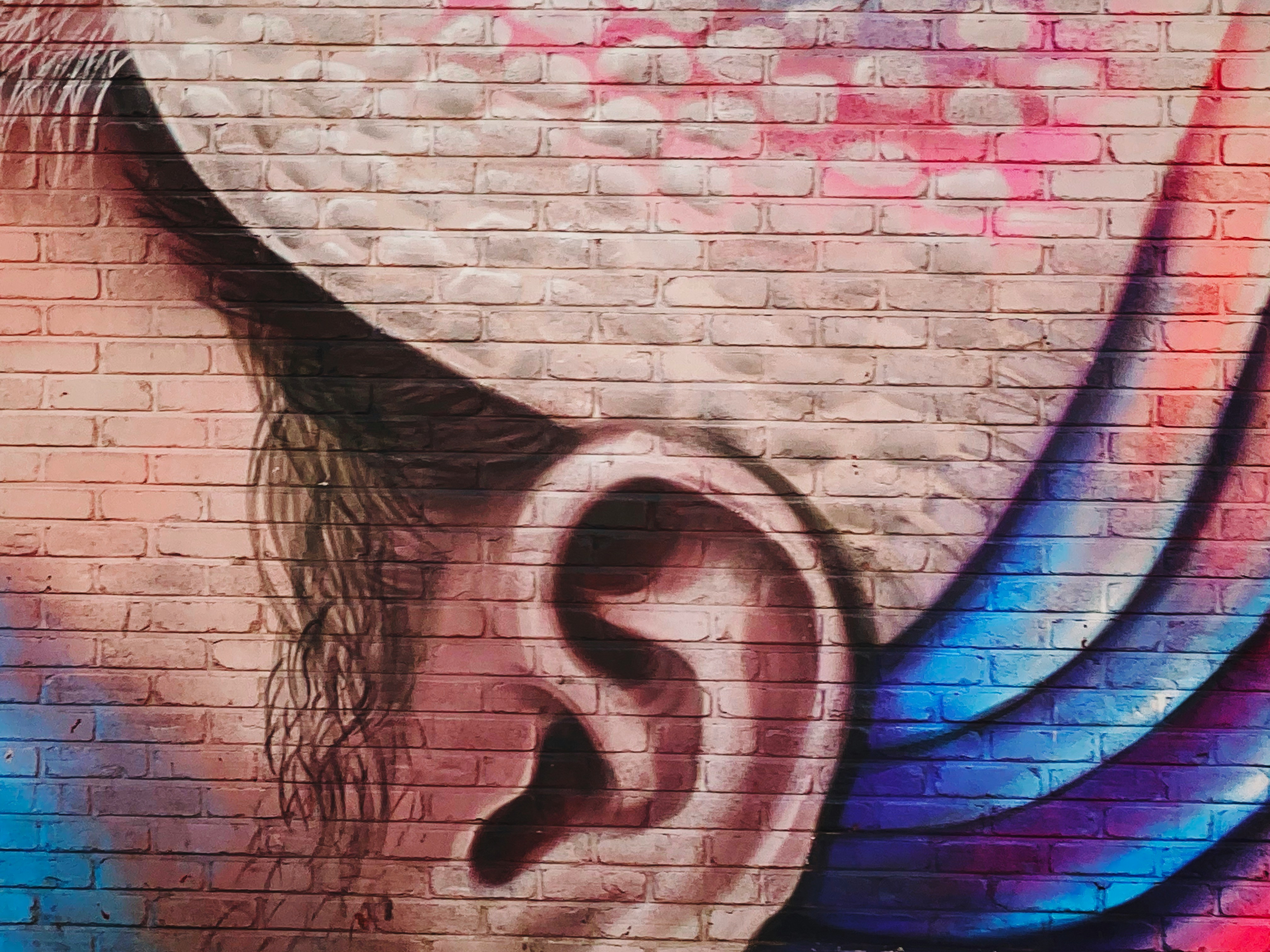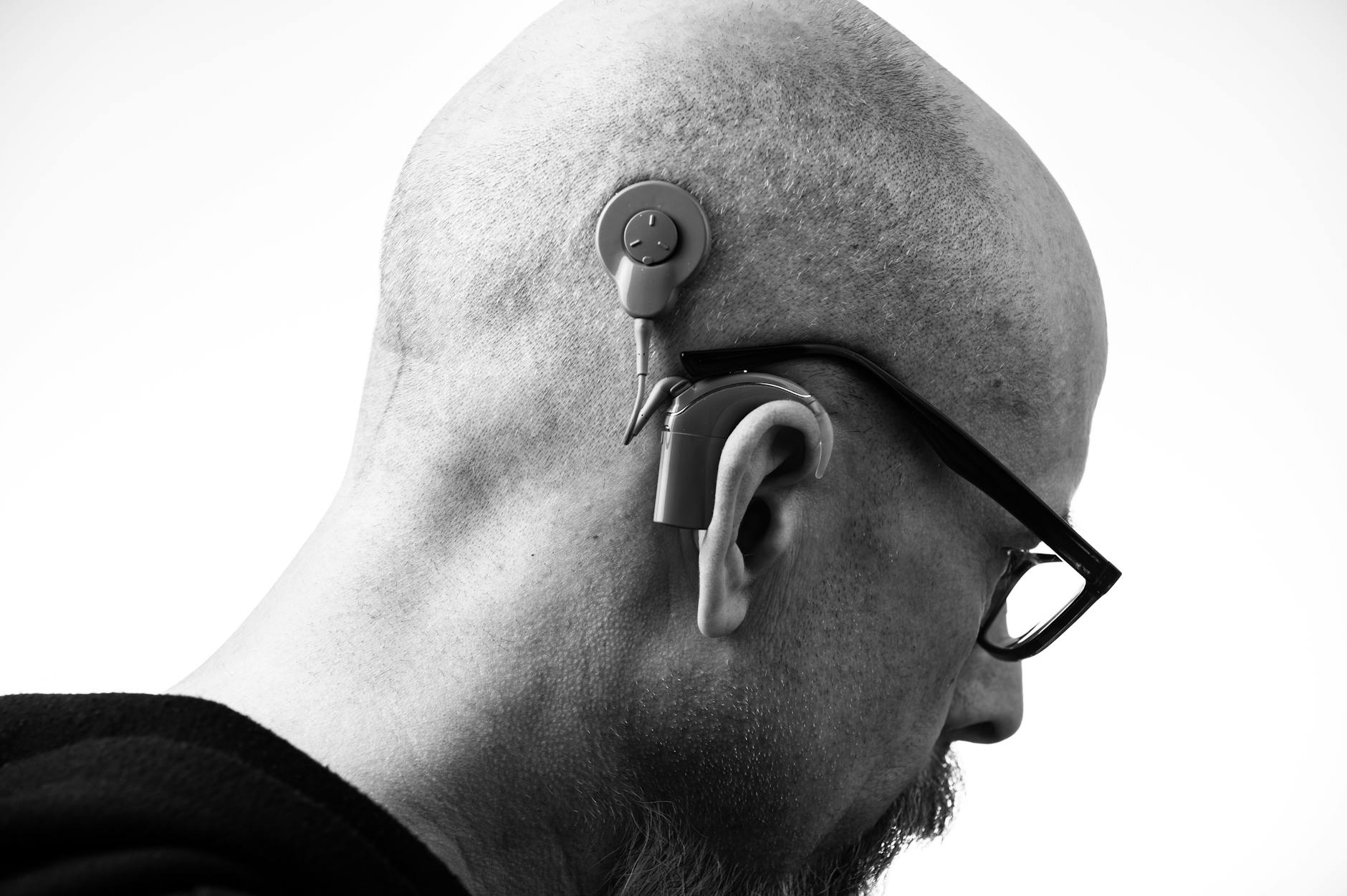Snippet: Your ears aren’t just microphones; they’re tiny athletes fueled by blood flow, nutrients, and daily habits. The choices you make in your kitchen, on your walk, and in your earbuds add up. Here’s a fun, science-backed plan to help your hearing go the distance.
Why lifestyle matters to your ears
Inside your inner ear, thousands of delicate hair cells translate vibrations into sound for your brain. They work nonstop and depend on steady blood flow, oxygen, and a healthy nervous system. While we can’t control everything—genetics and age have a say—what you eat, how you move, and how you handle noise exposure can help those fragile cells thrive longer.
Think of hearing as a long game. Tiny daily choices create compounding benefits: clearer conversations now and a lower risk of hearing difficulties later. Let’s build your hearing-healthy routine.
The Hearing-Healthy Plate
No single food “cures” hearing loss. But overall dietary patterns and key nutrients are linked with better hearing outcomes over time. Here’s what to put on your plate most days:
1) Omega-3s for inner-ear circulation
- Why: Omega-3 fatty acids support vascular health, which feeds the inner ear’s high-energy cells.
- Food sources: Fatty fish (salmon, sardines, trout), mussels, walnuts, chia/flax (ALA form).
- How: Aim for 2 fish meals/week or a plant-forward mix of walnuts and seeds most days.
2) Folate and B12 for the auditory nerve
- Why: These B vitamins help maintain healthy nerves and blood markers (like homocysteine) that influence circulation.
- Folate foods: Dark leafy greens, beans/lentils, avocado, citrus, fortified grains.
- B12 foods: Fish, dairy, eggs, and fortified plant milks/cereals (especially important for vegetarians/vegans).
- Tip: If you avoid animal products, choose B12-fortified foods or discuss supplementation with your clinician.
3) Antioxidants to tame oxidative stress
- Why: Loud sound and normal metabolism generate free radicals that can stress inner-ear cells.
- Food sources: Berries, citrus, bell peppers, broccoli, tomatoes, nuts and seeds, olive oil, dark chocolate (70%+).
- How: Color your plate—at least 2 colors at each meal.
4) Magnesium: a quiet protector in noisy moments
- Why: Magnesium helps regulate blood flow and may support resilience to temporary noise-related changes.
- Food sources: Pumpkin seeds, almonds, cashews, spinach, black beans, whole grains, dark chocolate.
- How: Add a handful of nuts or seeds to salads, oats, or yogurt.
5) Potassium and hydration for fluid balance
- Why: Ears rely on precise fluid balance in the inner ear; overall hydration and potassium-rich foods support body fluid regulation.
- Food sources: Bananas, potatoes, beans, leafy greens, yogurt, oranges.
- How: Include a potassium source daily and drink water regularly (urine pale-yellow is a simple cue).
6) Vitamin D and overall wellness
- Why: Vitamin D supports bone and immune health, which indirectly supports ear wellness.
- Food sources: Fatty fish, fortified dairy/plant milks, eggs; sensible sunlight where appropriate.
- Note: Discuss testing with your clinician if you’re at risk of deficiency.
What to dial down
- Ultra-processed foods high in added sugars and refined carbs (they can nudge blood sugar and inflammation).
- Excess sodium, especially if you’re sensitive to salt or have episodic ear fullness; some people with inner-ear fluid issues notice symptom swings with high-salt days.
- Smoking and secondhand smoke—both are linked to higher rates of hearing problems.
Patterns that work: Mediterranean and DASH
Rather than chasing single nutrients, anchor your week in a pattern:
- Mostly plants: vegetables, fruits, beans, whole grains, nuts, and seeds.
- Seafood, yogurt, and eggs as regular proteins; poultry more often than red meat.
- Olive oil and nuts as primary fats.
- Herbs, spices, citrus, and vinegar for flavor in place of excess salt.
These patterns support healthy blood vessels, metabolic health, and lower inflammation—good news for the inner ear’s tiny, hard-working cells.
Smart sips: caffeine, alcohol, and water
- Caffeine: Research on tinnitus and caffeine is mixed. Many people tolerate coffee and tea just fine; a small subset notice a spike in ringing. Try a personal experiment: hold steady on a moderate amount for two weeks, then compare a week at lower levels. Choose what feels best.
- Alcohol: Heavy drinking can aggravate sleep, blood pressure, and sometimes tinnitus perception. For many adults, light-to-moderate intake is tolerated; zero is always an option.
- Hydration: Your ears love what your body loves—steady hydration. Keep a water bottle handy, especially in heat, flights, or intense workouts.
Move for your ears
Exercise benefits your hearing indirectly by supporting heart and brain health, blood pressure, and blood sugar—systems the inner ear depends on.
- Aim for 150 minutes/week of moderate aerobic activity (brisk walking, cycling, swimming), plus two days of strength training.
- Sprinkle in balance and mobility work (yoga, tai chi, single-leg exercises) for steadier footing and fewer falls.
Workout sound safety
- Use the 60/60 rule: no more than 60% volume for 60 minutes at a time; then give your ears a breather.
- Prefer over-ear, noise-canceling headphones at lower volumes instead of cranking sound to overcome gym noise.
- Outdoor runners/cyclists: keep one ear open or use situational-aware modes for safety.
- Keep backup earplugs on your keychain. A loud class, concert, or game can surprise you.
Daily sound hygiene: tiny habits, big payoff
- Know your dose: It’s not just how loud, it’s how long. Even moderately loud sounds add up over hours.
- Use your phone’s decibel meter apps as a guide; if you need to shout at arm’s length, it’s likely above safe levels.
- Schedule quiet windows (5–10 minutes) after loud exposures to let your ears reset.
- Keep earplugs at work, in the car, and in your bag. Consistency beats perfection.
A realistic two-week jumpstart
Small changes, big momentum. Try this:
- Breakfast rotation: Greek yogurt with berries and walnuts; oatmeal with chia and almonds; veggie omelet with whole-grain toast.
- Lunch: Lentil salad with spinach, tomato, olive oil, and lemon; tuna or salmon packet over whole-grain crackers with cucumber and avocado.
- Dinner: Sheet-pan salmon, potatoes, and broccoli; chickpea curry with brown rice; turkey chili with extra beans and bell peppers.
- Snacks: Citrus, carrots with hummus, a small square of dark chocolate, or a handful of pistachios.
- Hydration: Fill a 20–24 oz bottle twice daily. Add citrus slices or mint if that helps.
- Movement: 20–30 minutes of brisk walking most days, one resistance session (bodyweight counts), and one balance session.
- Sound safety: Use earplugs at one loud event, apply the 60/60 rule during three workouts, and take a quiet walk afterward.
- Check-in: Set a reminder to book a baseline hearing test with an audiologist—especially if you’re over 40, work in noise, or notice muffled hearing or ringing.
Supplements: proceed thoughtfully
Food-first is the safest and most sustainable approach. Some nutrients—like magnesium, folate, omega-3s, and B12—have observational or early interventional evidence related to hearing health. But supplements aren’t a cure and can interact with medications or be unnecessary if your diet is already sufficient.
- Consider targeted supplementation only if you have a documented deficiency or dietary restriction; discuss with your clinician.
- Be skeptical of products promising to “reverse” hearing loss or cure tinnitus.
When to call a pro
- If you notice new difficulty hearing in noise, frequent “huh?” moments, or persistent ringing, book a hearing evaluation with an audiologist.
- Sudden hearing changes (over hours to a couple of days) are a medical urgency—seek same-day care.
- Not sure where to start? An audiologist can guide testing, personalized hearing protection, and communication strategies tailored to your lifestyle.
Bottom line
There’s no magic food, but there is a powerful pattern: nourish your body, move regularly, and respect sound. Do that most days, and you give your ears their best shot at a long, happy life of music, laughter, and effortless conversation.
Further Reading
- Your Daily Sound Diet: Noise Hygiene Habits That Protect Your Hearing (Without Becoming a Hermit) (Lifestyle) - Hearing Supplements: Hype vs. Help (What Science Says) (Lifestyle) - Pressure-Proof Your Ears: Prevent Barotrauma When You Fly, Drive High, or Dive (Prevention) - Vaccines That Protect Your Hearing: The Shots Worth Getting (Prevention)Frequently Asked Questions
Can food or exercise reverse hearing loss?
Food and fitness can support the systems your ears rely on—circulation, nerves, and brain processing—but they don’t reverse most established sensorineural hearing loss. The win is in prevention and preservation. If you’re struggling in conversations or notice ringing, an audiologist can assess your hearing and recommend solutions ranging from communication strategies and hearing protection to hearing aids if appropriate.
Do any supplements help hearing or tinnitus?
Evidence for supplements is mixed. Nutrients like magnesium, folate, omega-3s, and B12 play roles in nerve and vascular health, and addressing true deficiencies can help overall wellness. However, no supplement is proven to cure hearing loss or tinnitus. Avoid megadoses and discuss any supplement with your healthcare provider, especially if you take prescription medications.
Is caffeine bad for tinnitus?
Research is mixed. Many people tolerate moderate coffee and tea without changes in tinnitus. A small group notices a spike after higher doses or abrupt withdrawal. Try a personal experiment: keep a steady moderate intake for two weeks and note any changes. Choose the pattern that feels best for you.
How much exercise supports hearing health?
A practical target for most adults is 150 minutes per week of moderate aerobic activity plus two strength sessions. This level supports cardiovascular and metabolic health, which your inner ears depend on. If you’re new to exercise, start low and build gradually.
References
- NIDCD — Age-Related Hearing Loss
- NIDCD — Noise-Induced Hearing Loss
- WHO — Deafness and hearing loss fact sheet
- NIH Office of Dietary Supplements — Omega-3 Fatty Acids Fact Sheet
- NIH Office of Dietary Supplements — Folate Fact Sheet
- NIH Office of Dietary Supplements — Vitamin B12 Fact Sheet
- NIH Office of Dietary Supplements — Magnesium Fact Sheet
- Mayo Clinic — Mediterranean diet: A heart-healthy eating plan



